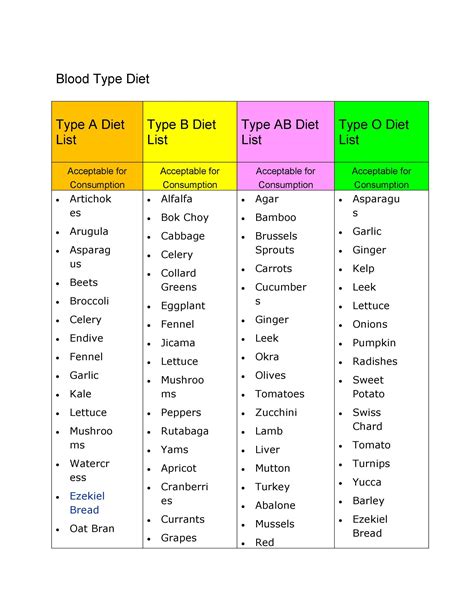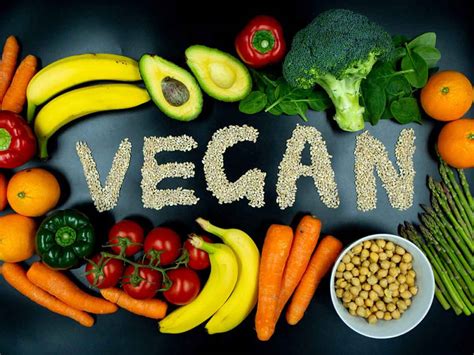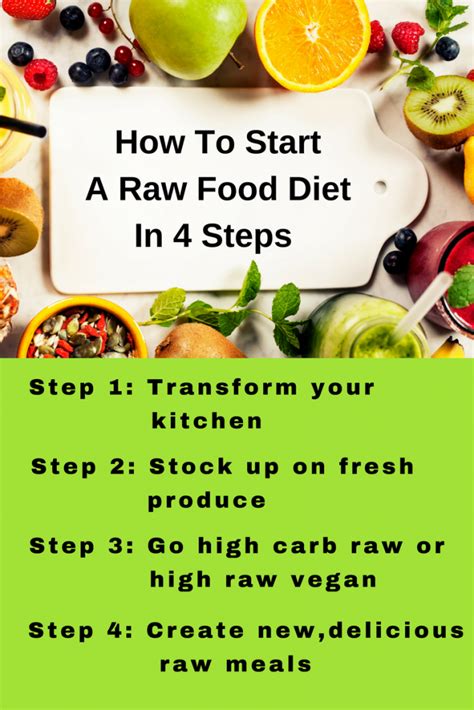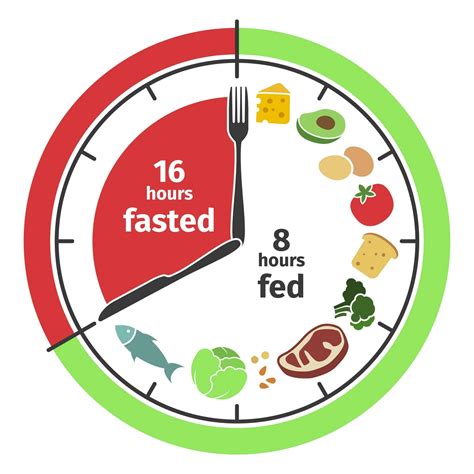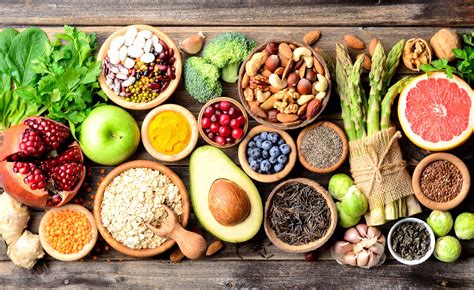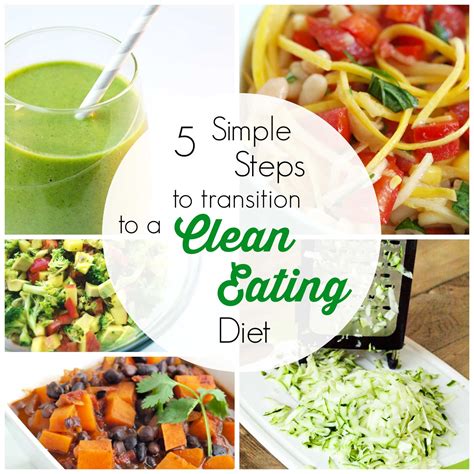Learn about the dangers of the Cotton Ball Diet, its health effects, and alternatives to maintain a healthy lifestyle. Don’t fall for risky eating habits.
Introduction to Cotton Ball Diet
Contents
Cotton Ball Diet is an extreme dieting trend that has been gaining popularity in recent years, especially among individuals looking to lose weight quickly. This dangerous diet involves consuming cotton balls that have been dipped in juice, smoothies, or other liquids in an attempt to feel full without actually consuming any real food. The cotton balls are supposed to expand in the stomach and make the dieter feel full, leading to decreased food intake and, theoretically, weight loss.
However, it’s important to note that cotton ball dieting is not only ineffective for weight loss but also extremely hazardous to one’s health. In fact, medical professionals and nutrition experts agree that this form of dieting is not only ineffective but also quite dangerous. Ingesting cotton balls can lead to a range of health issues, including severe gastrointestinal blockages, malnutrition, and even life-threatening complications.
One of the main reasons why individuals turn to cotton ball dieting is the pressure to attain a certain body image, often fueled by societal beauty standards and the media. This can lead to body dysmorphia and other eating disorders, further exacerbating the dangers of this extreme dieting trend.
Overall, it’s crucial for individuals to understand the risks associated with cotton ball dieting and to seek out healthier, sustainable ways to manage weight and promote overall well-being.
Risks of Cotton Ball Diet
Risks of Cotton Ball Diet
Cotton Ball Diet is an extreme and dangerous weight loss trend that involves consuming cotton balls soaked in liquids such as fruit juice, smoothies, or water. The risk of ingesting cotton balls lies in the fact that they are indigestible and can cause serious harm to the digestive system. Despite the appeal of rapid weight loss, individuals who partake in this diet expose themselves to a myriad of health hazards and potentially life-threatening consequences.
First and foremost, consuming cotton balls can pose a serious choking hazard. Since cotton balls are not meant to be eaten, they can easily become lodged in the throat, leading to choking and asphyxiation. This can result in respiratory distress and even death if not immediately addressed. Additionally, the ingestion of large quantities of cotton balls can lead to intestinal blockages, causing severe abdominal pain, discomfort, and potential organ damage.
Moreover, the materials used to manufacture cotton balls, such as bleaches and synthetic fibers, are not intended for human consumption. Ingesting these substances can lead to poisoning and a host of other adverse effects on the body. This includes nausea, vomiting, diarrhea, and chemical toxicity, which can result in long-term health consequences.
Furthermore, individuals who engage in the Cotton Ball Diet are at risk of developing severe nutritional deficiencies. By replacing regular meals with cotton balls, individuals are depriving their bodies of essential nutrients, vitamins, and minerals necessary for overall health and well-being. This can lead to weakened immune function, muscle wasting, fatigue, and increased susceptibility to illness and disease.
In conclusion, the risks associated with the Cotton Ball Diet far outweigh any perceived benefits. It is crucial to recognize the potential harm this extreme diet can cause and instead focus on adopting healthy eating habits and lifestyle choices that support long-term well-being and sustainable weight management.
Health Effects of Cotton Ball Diet
The cotton ball diet is a dangerous trend that involves consuming cotton balls soaked in liquids to feel full without consuming food. This extreme and unhealthy practice can have serious consequences on a person’s health. Firstly, ingesting cotton balls can lead to a blockage in the digestive system, causing severe discomfort and pain. This can also result in a decrease in the absorption of essential nutrients, leading to malnutrition and deficiencies.
Moreover, the consumption of cotton balls can cause choking or suffocation, as they can become lodged in the throat or airways. This poses a significant risk of asphyxiation, which can be life-threatening. In addition, the chemicals and toxins present in the cotton balls, including pesticides and bleaches, can be harmful when ingested and may lead to poisoning and other adverse health effects.
Individuals who engage in the cotton ball diet may also experience psychological and emotional issues, such as anxiety, depression, and disordered eating habits. This extreme method of weight loss can contribute to the development of eating disorders, such as anorexia and bulimia, as individuals become obsessed with controlling their food intake and body weight.
It is important to recognize that the cotton ball diet is not a safe or effective way to lose weight. Instead of resorting to dangerous practices, individuals should prioritize their health and well-being by adopting alternative healthy eating habits that promote sustainable weight management and overall wellness.
Cotton Ball Diet and Eating Disorders
What is the Cotton Ball Diet?
The Cotton Ball Diet is an extremely dangerous and unhealthy diet trend that involves consuming cotton balls in order to feel full without consuming calories. This diet has gained popularity on social media platforms, with some users promoting it as a quick and effective way to lose weight. However, the Cotton Ball Diet is not only ineffective for weight loss, but it also poses serious health risks.
Risks of the Cotton Ball Diet
Consuming cotton balls can lead to a number of serious health risks, including blockages in the digestive system, malnutrition, dehydration, and even death. In addition, eating non-food items such as cotton balls is a form of pica, a disorder characterized by cravings for non-nutritive substances. Pica is often associated with underlying psychological issues and can be indicative of eating disorders.
Health Effects of the Cotton Ball Diet
People who engage in the Cotton Ball Diet may experience a range of negative health effects, including digestive problems, nutrient deficiencies, and damage to the esophagus and stomach. The diet can also lead to psychological issues such as anxiety and depression, as well as exacerbate existing eating disorders.
Cotton Ball Diet and Eating Disorders
The Cotton Ball Diet is closely linked to eating disorders such as anorexia nervosa and bulimia. This extreme and dangerous eating behavior reflects a distorted perception of body image and self-worth. It is important to recognize the Cotton Ball Diet as a form of disordered eating and to seek professional help for individuals who are struggling with these issues.
Alternative Healthy Eating Habits
When it comes to maintaining a healthy lifestyle, it’s important to focus on alternative healthy eating habits that promote overall well-being and sustainability. These habits can encompass a variety of dietary choices and practices that prioritize the consumption of nutrient-dense foods while minimizing the intake of processed and unhealthy options.
One of the key aspects of alternative healthy eating habits is the emphasis on whole, unprocessed foods such as fruits, vegetables, whole grains, and lean proteins. These foods are rich in essential vitamins, minerals, and antioxidants that support optimal health and provide the body with the nutrients it needs to function properly.
Another important component of alternative healthy eating habits is mindful eating, which involves paying attention to hunger and fullness cues, as well as savoring and enjoying the sensory experience of eating. By being more in tune with the body’s signals, individuals can better regulate their food intake and make more informed choices about what and how much they eat.
In addition to focusing on nutrient-dense foods and mindful eating, alternative healthy eating habits also promote the diversification of the diet and the incorporation of a wide range of food groups. This can help ensure that individuals receive a balanced intake of essential nutrients and promote a more sustainable approach to food consumption.
Ultimately, cultivating alternative healthy eating habits is not only beneficial for individual health, but also for the environment and the food system as a whole. By prioritizing nourishing, sustainable, and mindful eating practices, individuals can contribute to a healthier, more sustainable food system and promote overall well-being for themselves and future generations.


